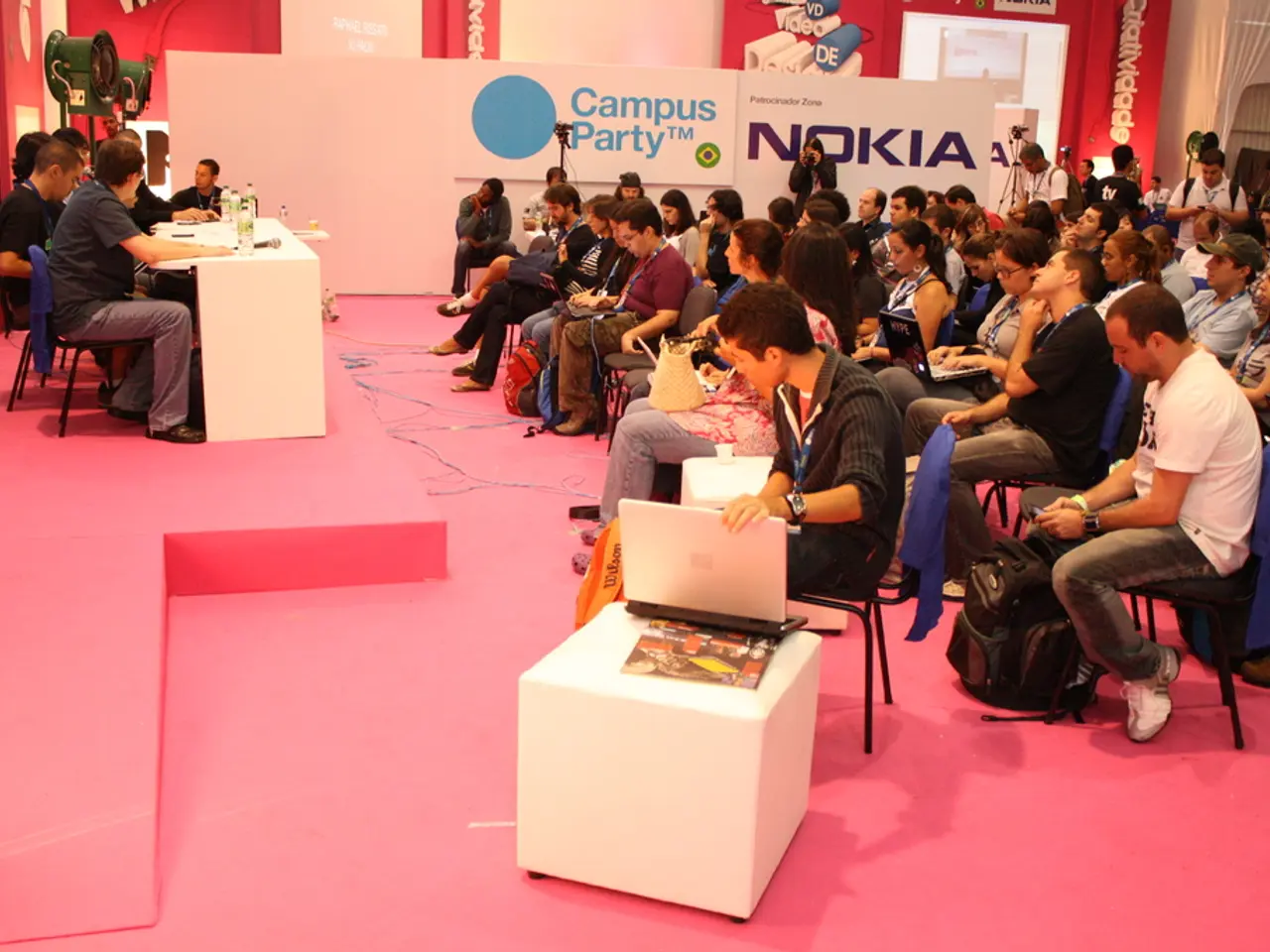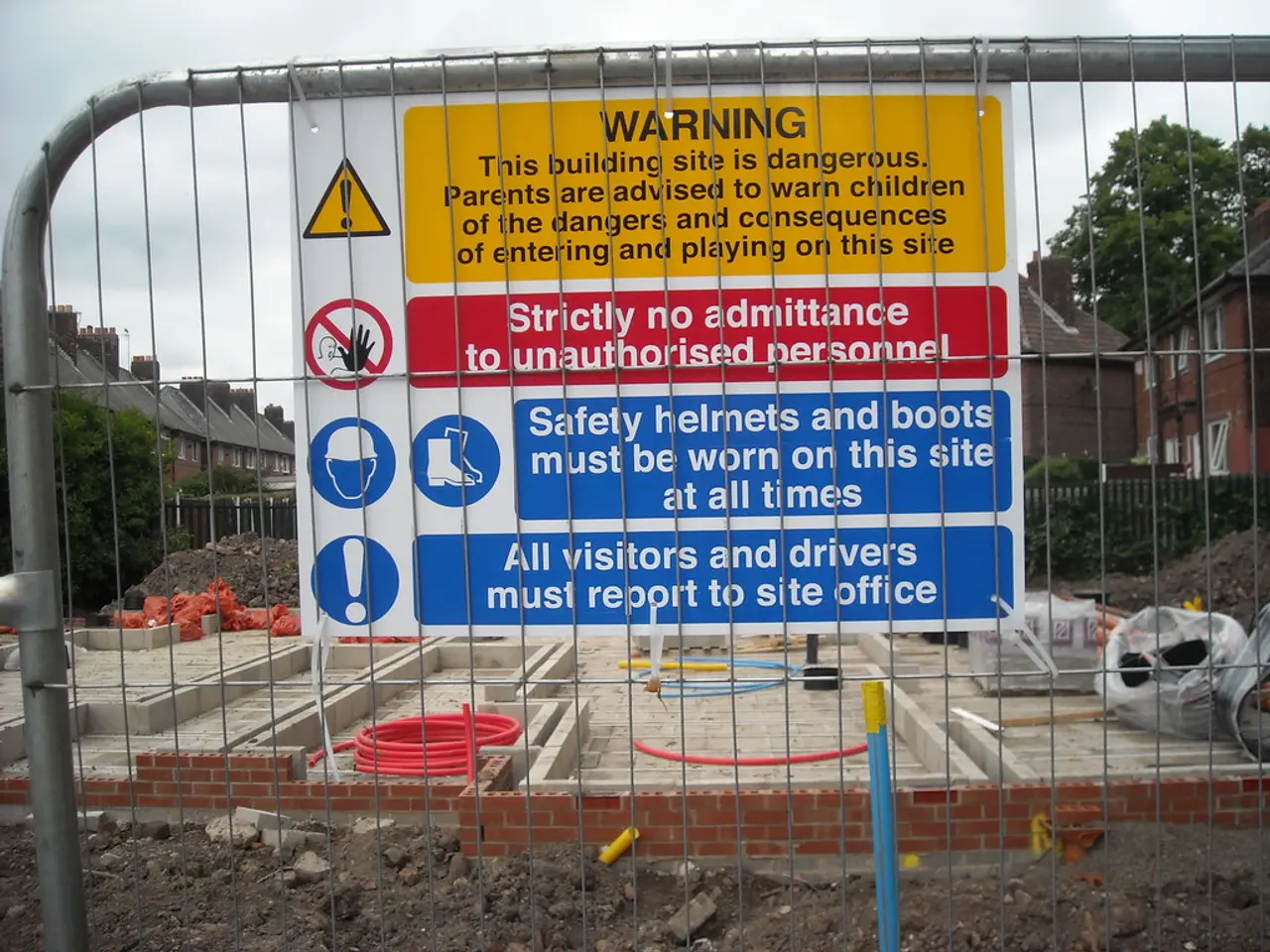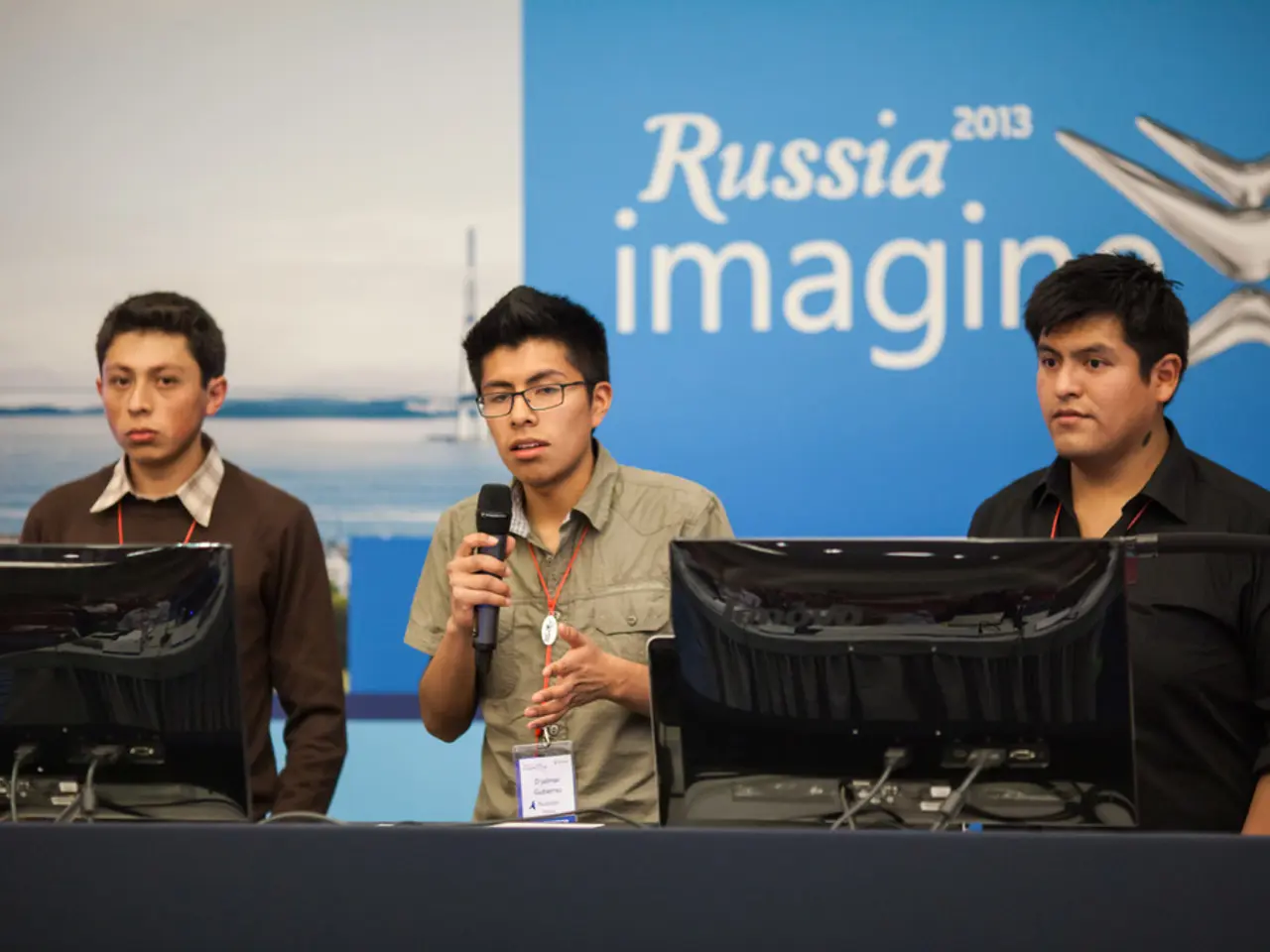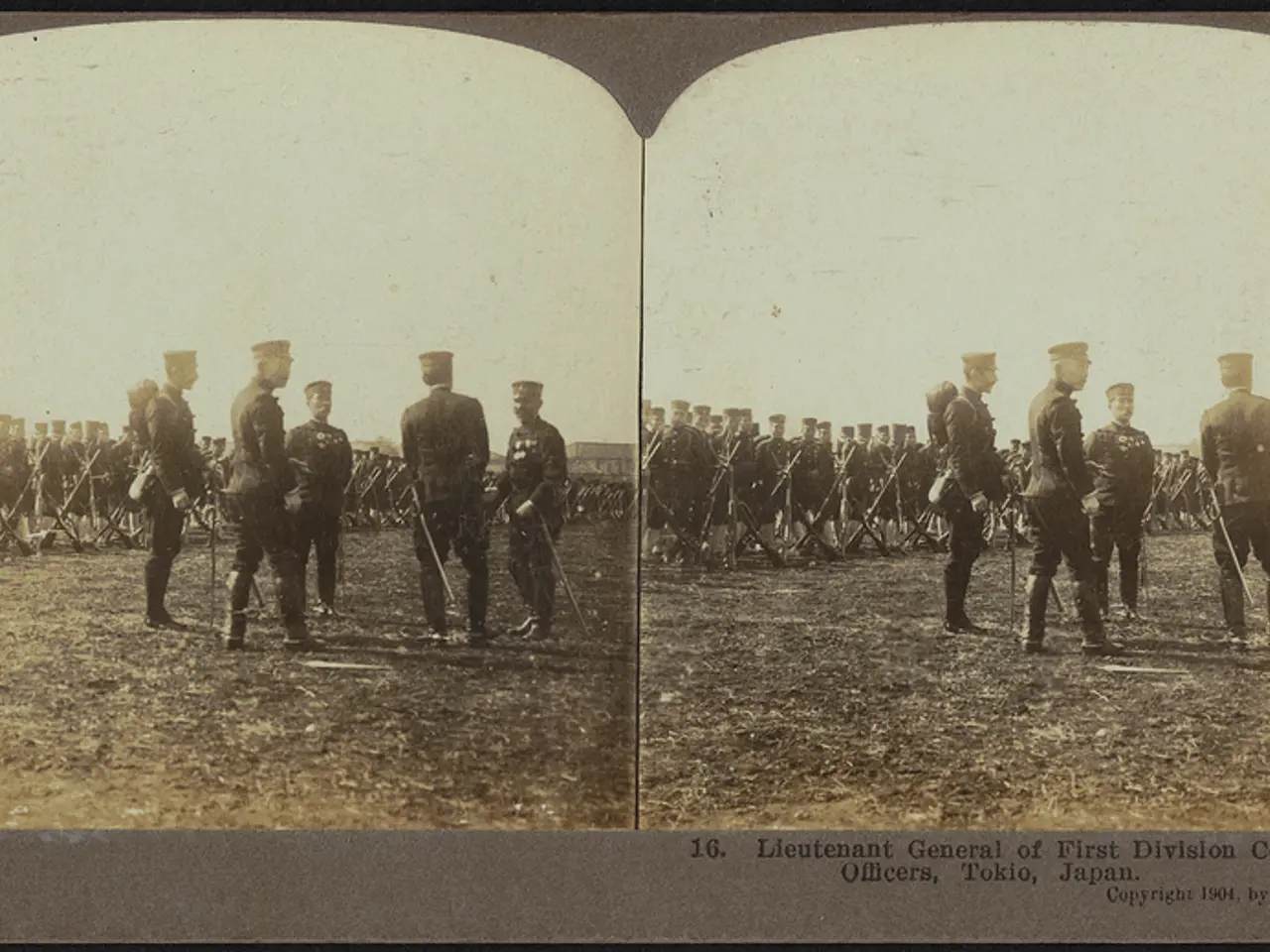Kim proposes nuclear power as a foundation for negotiations
North Korea has signaled a significant shift in its diplomatic stance, with its de facto second-in-command, Kim Yo-jong, suggesting a new approach to dialogue with the United States and South Korea. This change comes as the isolated nation continues to develop its nuclear arsenal and faces increased international pressure.
Last year, North Korea released photos of a facility to enrich uranium for atomic bombs, indicating it no longer sees a need to hide a program it once furiously denied. The country currently possesses an estimated 50 deployable nuclear warheads and enough fissile material for making an additional 70-90 weapons. Its intercontinental ballistic missile (ICBM) force is estimated by the US Defense Intelligence Agency to include 10 or fewer currently deployed ICBMs, though North Korea has the capability to expand this number substantially by 2035. Ongoing weapons tests and missile developments continue despite UN sanctions and diplomatic pressures.
Kim Yo-jong recently stated that renewed talks with the US are possible only if the US drops its demand for "denuclearization" and accepts North Korea's nuclear weapons capabilities. She emphasized that the personal relationship between Kim Jong Un and former US President Trump "was not bad," implying a basis for dialogue. This marks a shift from previous US policy insisting on complete denuclearization to a more transactional approach, such as a potential "nuclear freeze" deal that might limit weapon production in exchange for sanction relief.
North Korea's demand to drop calls for denuclearization is set to stoke concerns in the South and the wider region. Any cracks in the alliance between Washington and Seoul or a weakening of the US commitment to extend deterrence risks spooking investors and boosting public support for South Korea to develop its own atomic weapons.
Kim Yo-jong has served as the public face of North Korea's diplomatic messaging, especially when signaling shifts or hardline positions. She has stated that if the US fails to accept the changed reality and persists in the failed past, the DPRK-US meeting will remain a hope of the US side.
Meanwhile, Kim Jong-un toured a laboratory making weapons-grade nuclear materials in January and said the country should strengthen its nuclear shield. Kim Yo-jong also stated that Pyongyang is open to "any option" to defend its national interest.
This reflects a reported diplomatic plateau where North Korea seeks recognition of its nuclear status as a precondition for talks. The future of negotiations between the US and North Korea remains uncertain, but one thing is clear: North Korea's nuclear capabilities continue to grow, and its diplomatic approach is evolving.
Sources:
- North Korea's Nuclear Arsenal: What We Know
- US Offers North Korea 'Pragmatic Approach' to Nuclear Talks
- North Korea's Nuclear Weapons: A Timeline
- North Korea's Latest Missile Test: What We Know
- North Korea Says Talks With U.S. Possible Only If U.S. Drops 'Denuclearization' Demand
Politics in the general-news sphere is abuzz with the potential evolution of North Korea's diplomatic approach, as Kim Yo-jong hints at a possible renewal of talks with the United States, provided the US drops its demand for denuclearization. This shift in rhetoric signals a potential change in US policy towards a more transactional approach, with Kim Yo-jong suggesting a "nuclear freeze" deal in exchange for sanction relief.






